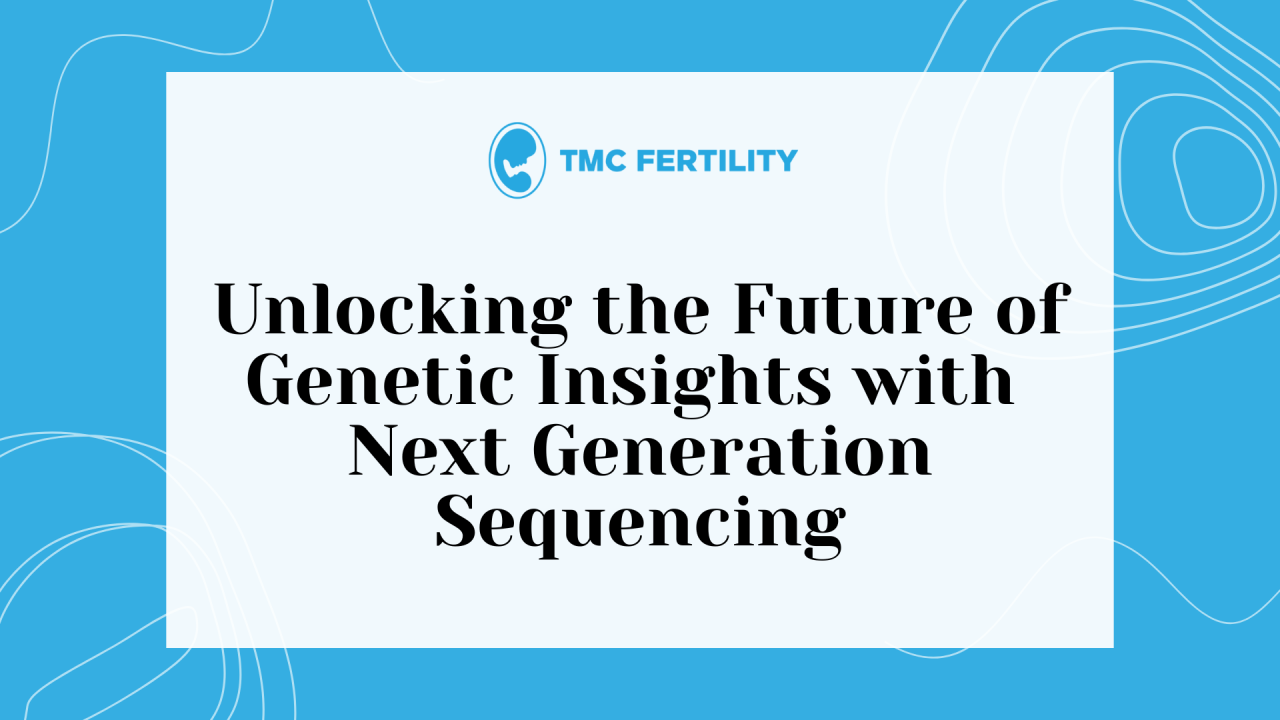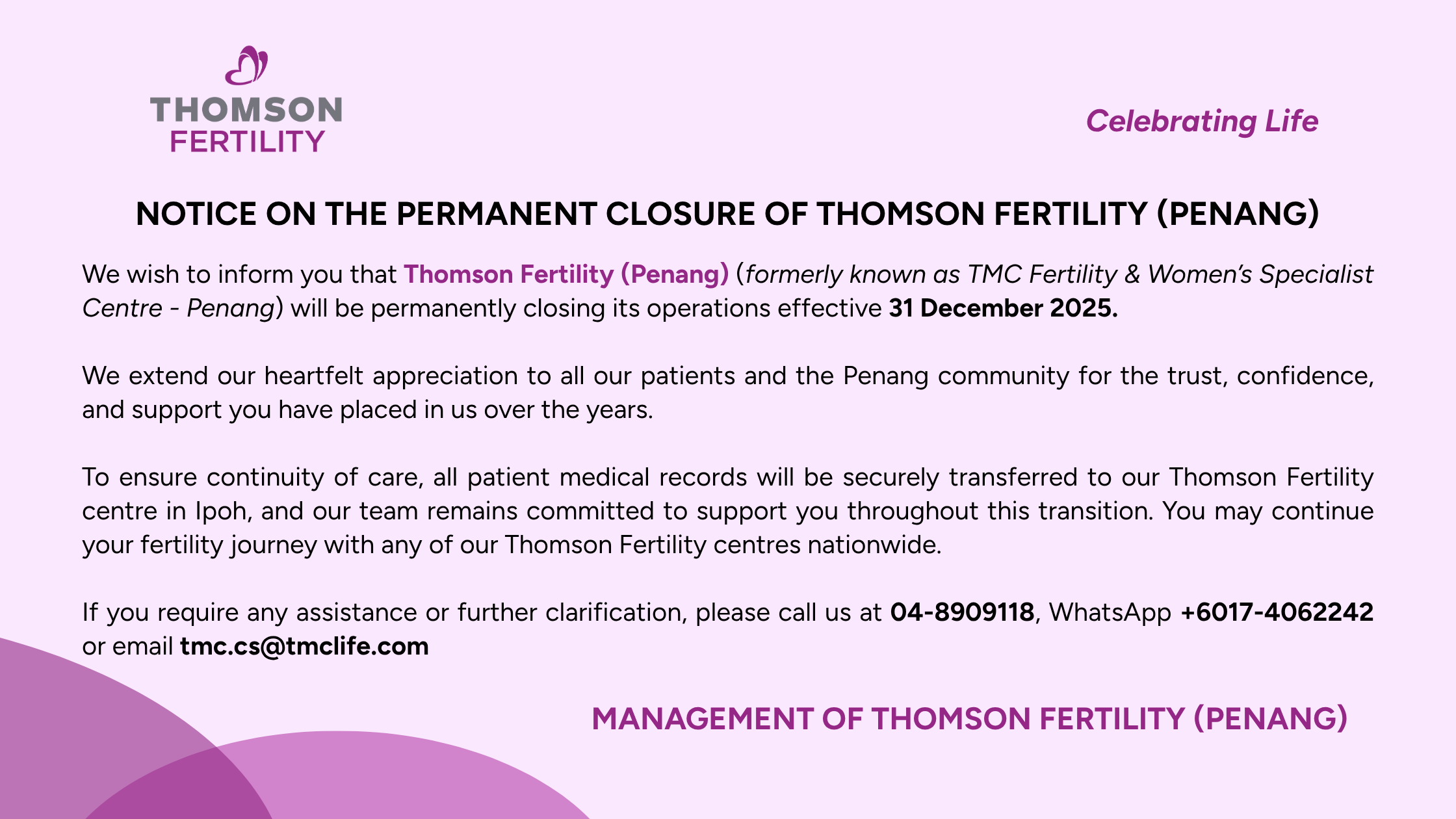Next Generation Sequencing (NGS) is a chemical or electrical detection application in the field of genetics, particularly with DNA analysis. Not only does it speed up DNA and gene reading with accurate results, the application of NGS has been pivotal in reaching higher success rates in reproductive medicine.
What Is NGS?
NGS’s futuristic technology allows for rapid and detailed DNA sequencing. Fertility experts now have an in-depth look at your genetic information, helping to identify anomalies and genetic disorders early. This can greatly increase your chances of conceiving and carrying to full term.
In contrast to traditional methods, NGS processes millions of DNA fragments, either by chemical or electrical processes running on semi-automated machines like Nanopore or Illumina. This process gives you results with higher accuracy, at a lesser wait time.
NGS in Reproductive Medicine
In the fertility field, NGS has a number of critical applications to help improve the chances of having a full term pregnancy. These methods include :
- Preimplantation Genetic Testing (PGT): Singles out chromosomal abnormalities in embryos prior to implantation. This improves your chances of a healthy pregnancy.
- Carrier Screening: Detects genetic mutations prospective parents could possibly pass on to their future children.
- Embryo Viability Assessment: Helps ensure that only the healthiest of embryos are transferred, reducing overall risk of miscarriages.
Benefits of NGS in IVF
The detail and precision that NGS methods bring can translate into many advantages in IVF applications :
- Higher Accuracy: Capable of detecting even the most minor genetic mutations or instabilities.
- Improved IVF Success Rates: Kicks up the rate of implantation by accurately identifying genetically stable and viable embryos.
- Reduced Risk of Genetic Disorders: Assists in preventing inherited conditions like single-cell defects, cystic fibrosis, Turner’s Syndrome, or sickle cell anemia.
- Future Potential: As technology advances, this method can open doors to more personalized fertility treatments, especially with more complex genetic challenges.
Conclusion
Next Generation Sequencing can be marked as a cornerstone in the future of reproductive medicine and technologies. At its full power and potential, fertility specialists can now provide patients with safer, effective, and efficient paths to parenthood, even later in life. Speak to your fertility specialist today about NGS and how it can help you.



